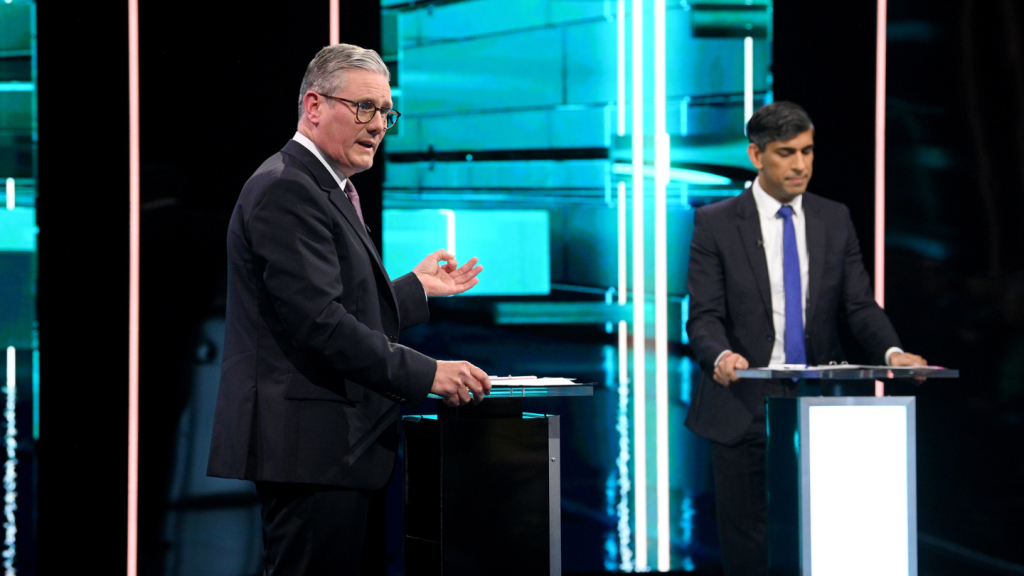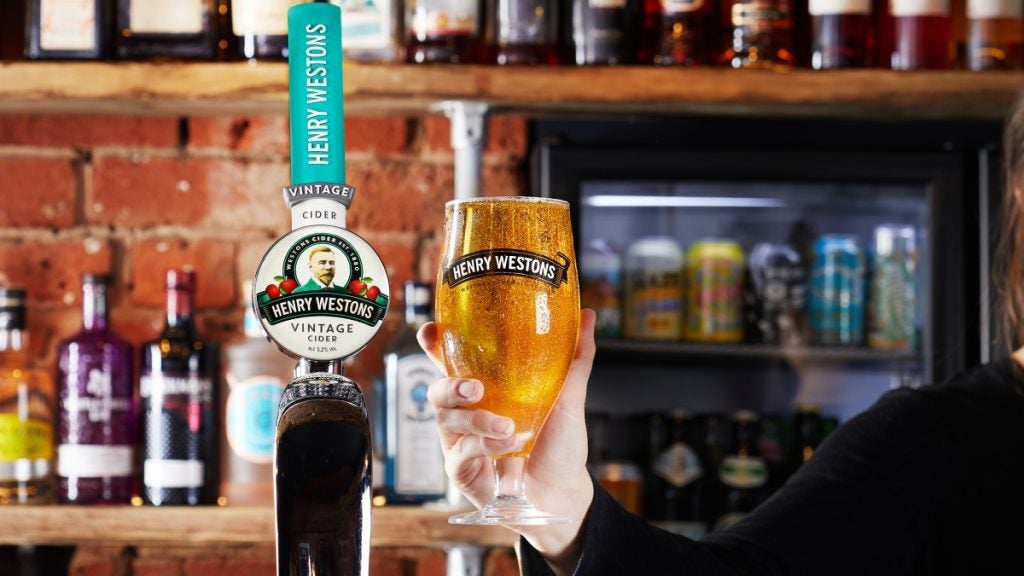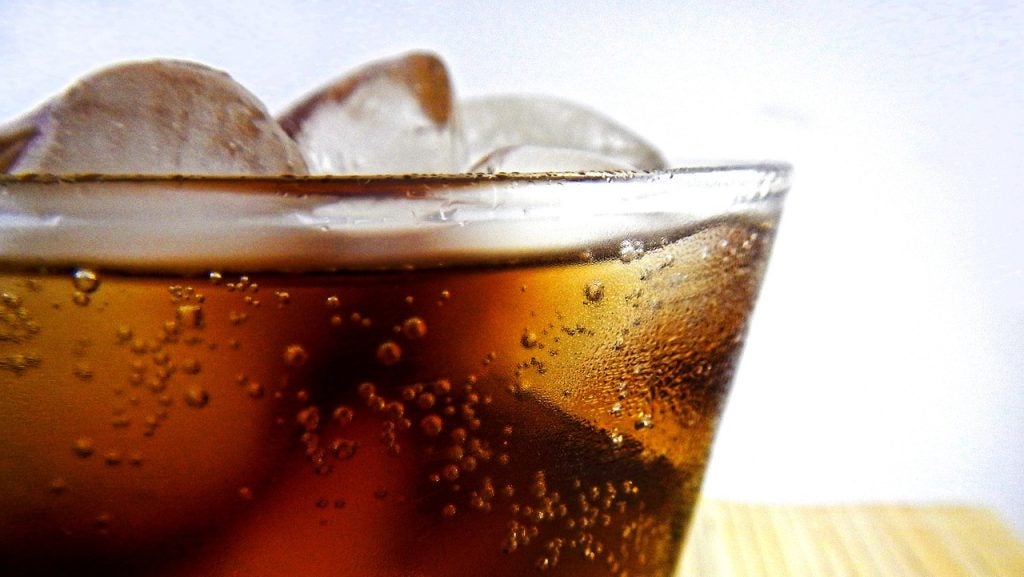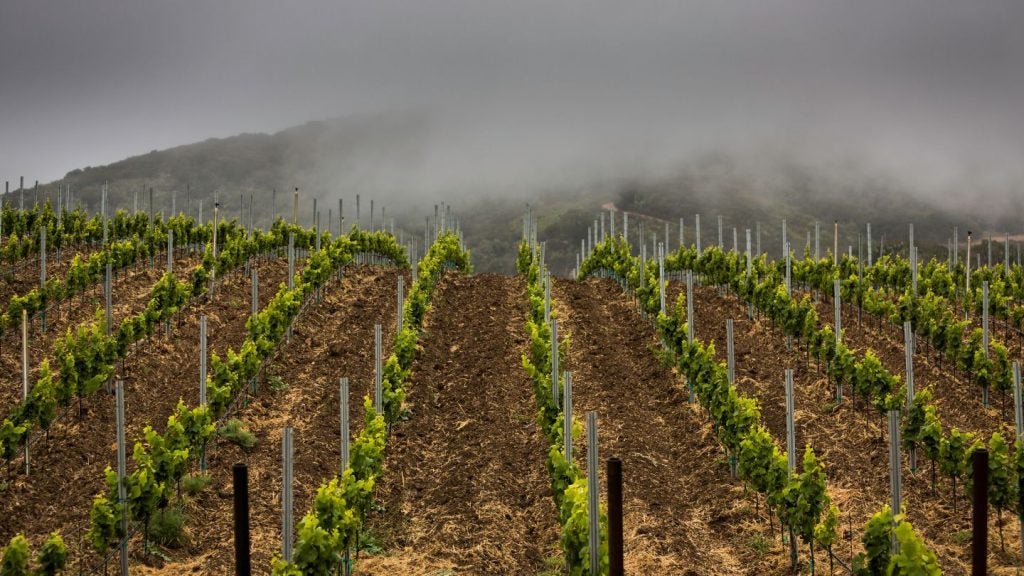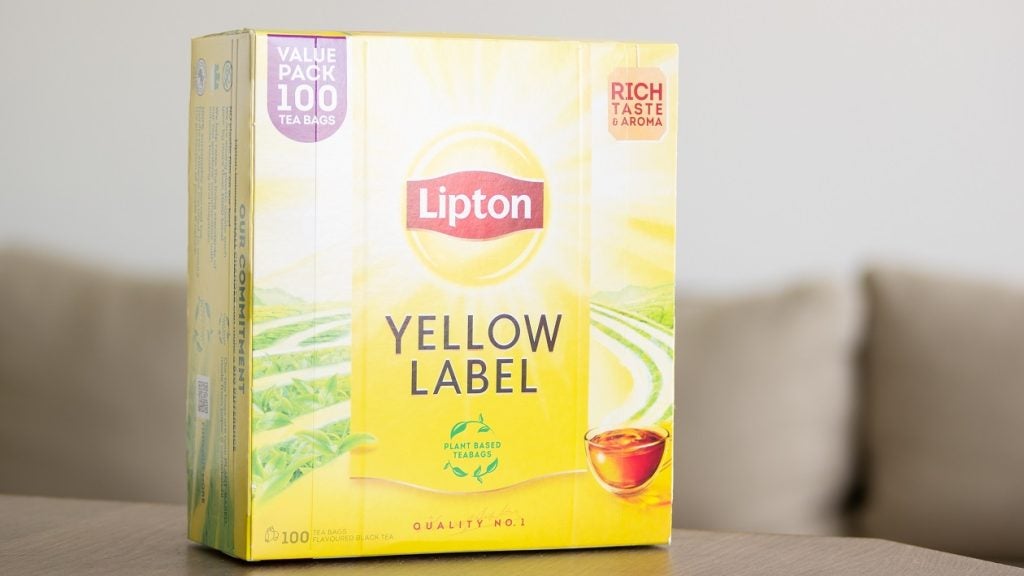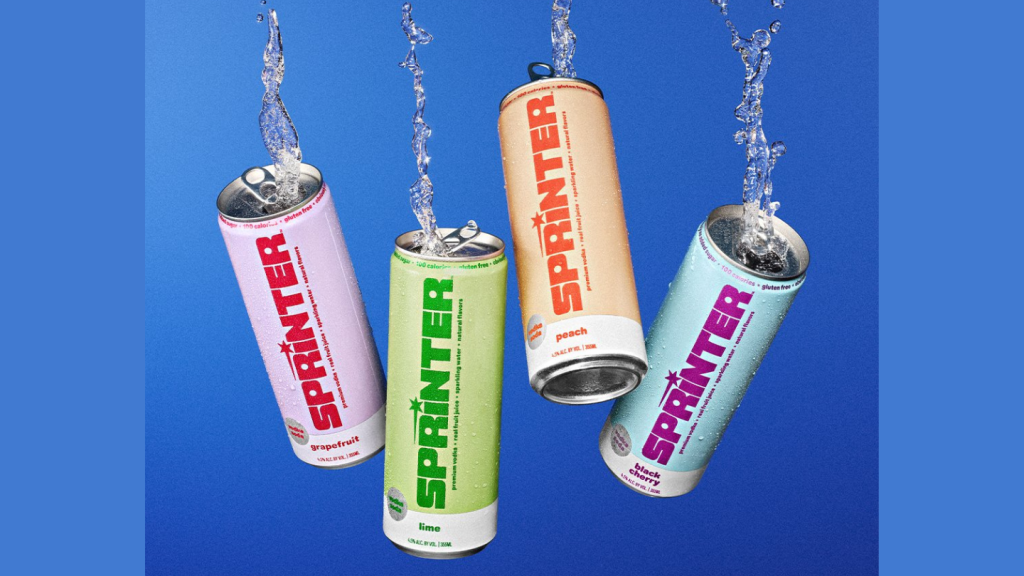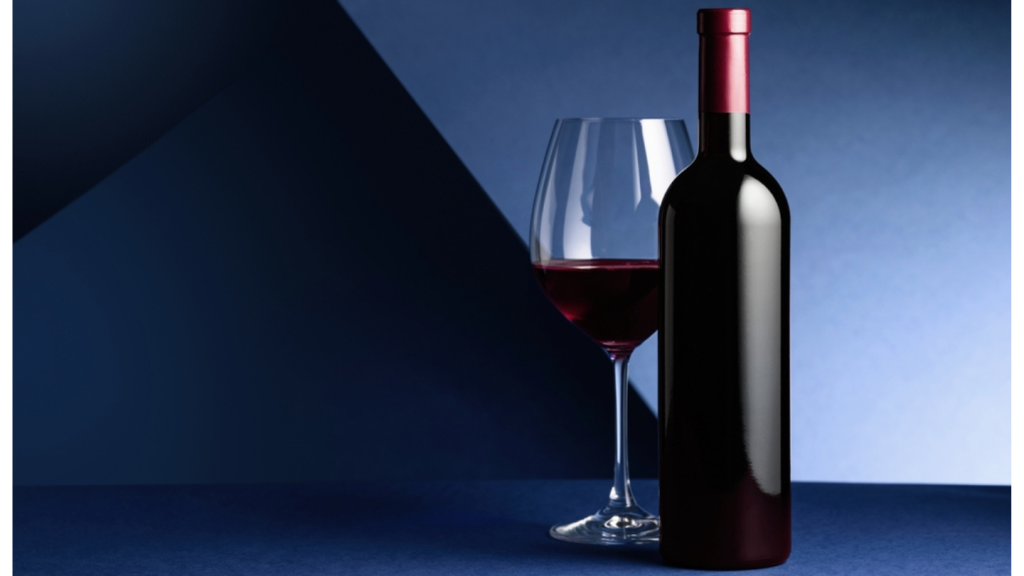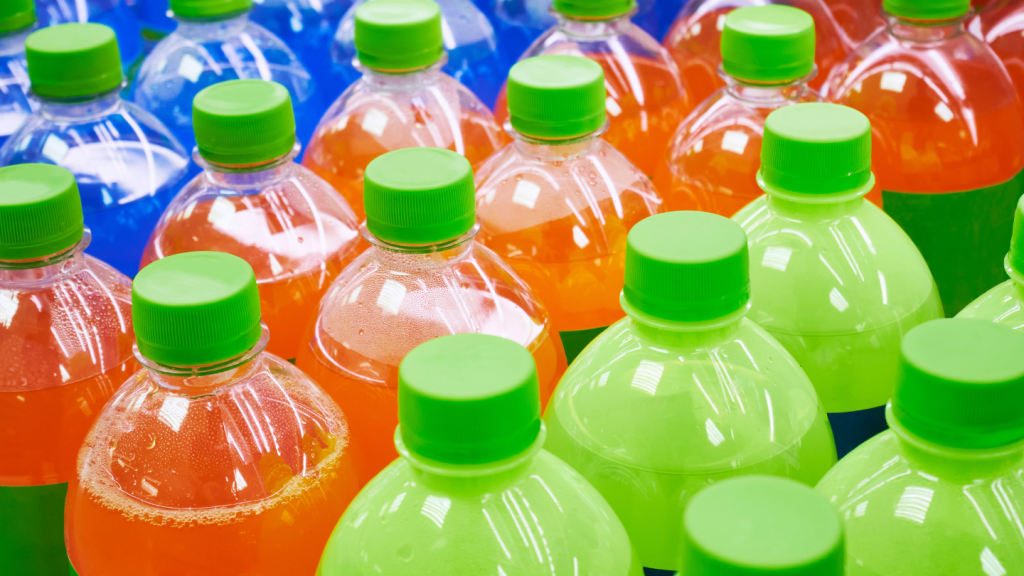With the ruling Conservative party in a tussle to hang onto power in the face of a resurgent Labour opposition, the UK heads to the polls today (4 July) to vote on the make-up of the next House of Commons and, consequently, new government.
Since the last poll, held in December 2019, we have seen a global pandemic, a war between Russia and Ukraine and an ongoing conflict in Gaza, wreaking havoc on supply chains and causing record-high inflation rates.
The UK, meanwhile, is on its third Prime Minister since the 2019 election, with Rishi Sunak's Conservatives trailing in opinion polls ahead of today's vote behind Labour and its leader Sir Keir Starmer.
Throughout the last four-and-a-half years, the UK drinks industry has faced some of the toughest economic conditions seen for decades, ranging from the fall-out from Brexit, the near-complete closure of the hospitality sector in the depths of Covid-19 and a cost-of-living crisis hit demand.
Ahead of today's poll, Just Drinks canvassed UK drinks industry representatives and non-governmental organisations to hear what they believe are the most pressing issues a new government of any colour needs to address.
Alcohol duty
In November 2023, UK Chancellor of the Exchequer Jeremy Hunt announced a freeze on alcohol duty until 1 August this year. The move followed an overhaul of the UK’s alcohol tax regime in August last year.
The UK government rejigged how alcohol was taxed and introduced a number of increases for higher abv drinks and cuts for lower abv products.
The duty on beer of at least 3.5% but less than 8.5% abv is £21.01 ($26.83) per litre of alcohol in the product. If a company makes 20 litres of a 5% abv drink, the liquid in total will contain one litre of pure alcohol and the duty will be £21.01, compared to the previous tax regime of £19.08.
Lower abv products of 1.3% to 3.4% are taxed at £9.27, while anything stronger than 22% is taxed at a rate of £31.64.
In March, the UK government extended the freeze on duty by six months to early 2025. Hunt said the planned 3% rise in duty would be postponed until 1 February.
However, Andy Slee, chief executive of Society of Independent Brewers and Associates (SIBA), says “despite the positive changes in the alcohol duty system, beer remains one of the most taxed sectors in the economy”.
He adds: “Radical changes to the alcohol duty system have been introduced, which will have far-reaching implications for how small breweries can compete against global breweries as well as other alcohol producers. The government has promised to review this after three years and it is imperative that this takes place to ensure they work for all small producers.”
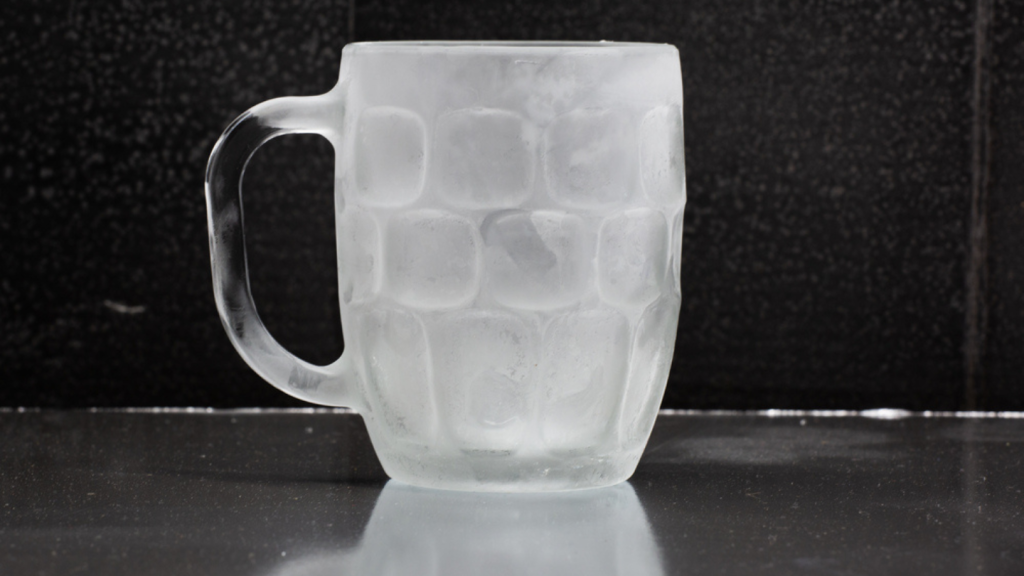
Slee believes the most pressing issue (for the whole hospitality sector as well as drinks) once a new UK government is formed “has to be fairness in taxation”.
SIBA is calling for an increase in the Draught Duty Relief, which is a tax discount for draught drinks, including beer, sold in pubs. It means alcoholic products packaged into containers larger than 20 litres and below 8.5% abv qualify for a 9.2% lower duty rate.
However, SIBA is urging the new UK government to increase this discount to 20% to “encourage people to support their local community pub and drink in a supervised environment instead of at home”.
Meanwhile, the UK wine and spirits sectors are pushing for the alcohol duty freeze to be made permanent.
According to the Wine and Spirit Trade Association (WSTA), if Hunt ends the freeze as planned in February, a single amount of duty paid on wines of 11.5-14.5% abv – currently £2.67 – will be replaced with “up to 30 different payable amounts” from £2.45 to £3.10 per bottle.
WSTA CEO Miles Beale says: “The changes to taxing wine have been described as ‘un-administrable’ and ‘sheer lunacy’ by our members.”
The deposit return scheme conundrum
The UK government first announced plans for a Deposit Return Scheme (DRS) in 2018 in a bid to increase recycling rates and cut down on plastic waste.
In the UK, moves to implement DRS began in Scotland and even saw the establishment of Circularity Scotland, a non-profit company which was supposed to manage the scheme. However, that went into administration last year after the devolved Scottish government halted its plans, blaming the UK government in London.
All four nations had worked together and undergone public consultation on DRS but disagreements on specifics caused a delay. Wales has argued the system should include glass, something the UK government said would add “undue complexity” to the drinks industry.
In April, it was announced DRS would finally go live in October 2027 across England, Northern Ireland, Scotland and Wales.
The lack of consistency between the plans across the four UK nations raised some eyebrows.
The schemes in England, Scotland and Northern Ireland will exclude glass. However, Wales stuck to its plan to include the material in its own initiative.
The WSTA says: “The roll-out of deposit and return schemes across the UK must be interoperable with common fees and labelling requirements and a common set of materials within scope.”
The association also notes “glass should not be included within scope of any DRS”.
Similarly, a joint statement from the British Soft Drinks Association (BSDA) and Natural Source Waters Association outlined: “A unified and consistent scheme is critical and it’s disappointing that the Welsh government continues to be an outlier in calling for the inclusion of glass within scope.”
The BSDA “supports the introduction of a well-designed deposit return scheme for all PET plastic and can beverage containers up to three litres in size, as our assessment suggests this is the best way to increase recycling levels and tackle litter.”
Funding for green initiatives
SIBA insists “many independent breweries want to introduce measures to reduce their energy use by installing green technology" but says companies "do not have access to funding to do so".
“Many of the current funds available are aimed at larger businesses," the organisation says. "The government should therefore intervene with specially designed support for small producers to help them make the transition to net zero.”
In May, Slee told Just Drinks SIBA was looking for the UK government’s help both in terms of grants and funding to become sustainable, aiming to become part of the “green revolution”.
“And if I’m honest with you, I’m not sure whether the government is still on that page or not, they seem to be changing their mind a bit,” he said.
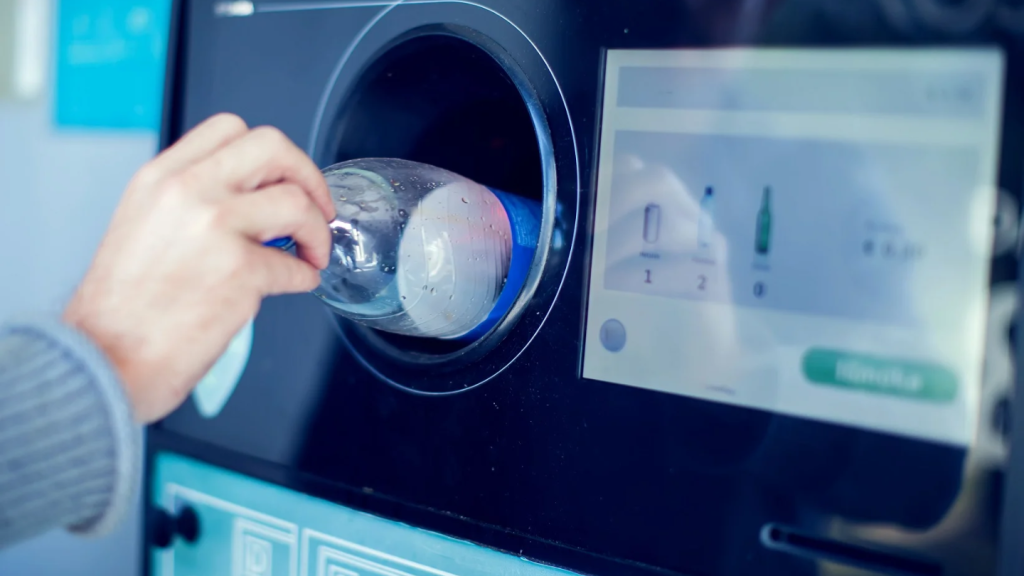
Meanwhile, the WSTA has three demands of a new UK government on sustainability: an interoperable DRS, the delay of the Extended Producer Responsibility (EPR) scheme and a reform of the Packaging Recovery Note (PRN) system.
The EPR is an environmental policy in which a producer’s responsibility for a product is extended to the post-consumer stage of a product’s life cycle. The UK government listed the EPR as one of its key pillars to eliminate all avoidable waste by 2050, and all avoidable plastic waste by 2042.
Last year, the UK government said it had decided to defer the EPR scheme for packaging by one year. The initiative would ensure manufacturers pay the cost of recycling their packaging.
The deadline has been pushed from October 2024 to October 2025, a move, according to Defra, taken together with the UK’s devolved administrations.
A PRN is a piece of certificated evidence that proves a tonne of packaging waste has been recovered and reprocessed or exported for reprocessing.
The WSTA believes the introduction of measures to increase transparency regarding PRNs “should not be further delayed, but instead introduced as soon as possible”.
Moderation and wellness
In January, a UK YouGov survey showed 44% of 18- to 24-year-olds consider themselves either an “occasional or regular drinker of alcohol alternatives”, compared to 31% in 2022.
The online study also revealed 39% of the age group do not drink alcohol at all.
Dr Richard Piper, chief executive of alcohol charity Alcohol Change UK, says a “key priority for the incoming government is to improve the nation’s health, by properly taking a preventative approach.
“That means action to end alcohol harm – which is entirely avoidable – including making alcoholic drinks in the off-trade far less affordable, introducing proper controls on marketing, bringing the regulation of alcohol labelling under proper statutory control, boosting the availability of alcohol-free drinks, and a new Licensing Act designed for the online era.
“Any companies that rely for their profits on alcoholic drinks, which cause harm to consumers and to society, should be encouraged to divest from these products and into healthier alternatives,” he claims.
Several industry bodies are in agreement that non-alcoholic alternatives should be encouraged alongside their alcoholic variants.
The WSTA says a new UK government should “support and simplify the production, labelling and marketing of no-and-low alcohol products, including raising the ‘no-alcohol’ threshold to 0.5% abv”, a move also supported by SIBA.
In September last year, the UK launched a consultation process to review the threshold for labelling a beverage as “alcohol-free”.
The consultation was to call for feedback on a proposal to raise the threshold for an “alcohol-free” drink to an abv of 0.5%, hoping to make alternatives to alcoholic drinks more widely available and popular. Currently, “alcohol-free” drinks in the UK must have an abv of 0.05% or less. Meanwhile, “low-alcohol” refers to any product with 1.2% abv or below.
It adds the industry should be allowed to present the government with responsible drinking and harm reduction proposals, including new labelling guidance.
Industry recognition
In summary, the drinks industry is clear in that it wants to work together with the new UK government to encourage some beneficial changes for its workers and consumers.
The WSTA’s Beale says: “We look forward to working with the next government to ensure the right support to encourage more investment, innovation and to generate further growth.
“We hope that MPs, ministers and officials will all want to work in close partnership with our industry over the lifetime of the next Parliament – recognising the significant value of wines and spirits to national economy, and working together to achieve economic growth, improved environmental outcomes and social responsibility.”
The association released a report last month that claimed the trade contributed over £76bn in economic activity in 2022.
This compares to £49bn in economic activity contributed by the wine and spirit industry five years ago, according to the last similar report commissioned by the WSTA.
At SIBA, Slee adds: “We need to be taken seriously and want to work in partnership with whoever’s in government. We can be part of the solution. We’re not the problem.”


